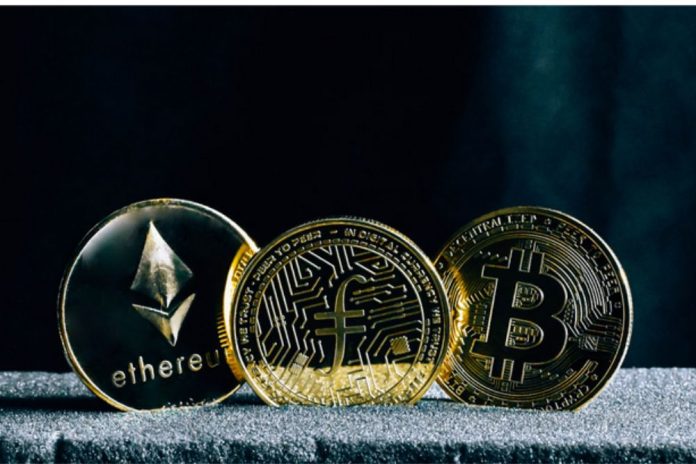Introduction to Privacy Coins
Privacy coins represent a subset of cryptocurrencies designed to enhance financial privacy and anonymity for users. Unlike traditional cryptocurrencies like Bitcoin, which operate on transparent blockchains where anyone can trace transactions, privacy coins utilize advanced cryptographic techniques to obfuscate transaction details, ensuring that transaction amounts, sender addresses, and recipient addresses remain confidential. This fundamental difference addresses growing concerns over privacy in digital transactions. For instance, businesses can use privacy coins to safeguard supplier payments or salary disbursements, preventing competitors or adversaries from tracking financial activities. Additionally, if you want to know more about investments and firms, visit Apex Revolution.
Privacy vs. Transparency in Finance
The contrast between privacy coins and transparent cryptocurrencies is stark and crucial. Transparent cryptocurrencies, exemplified by Bitcoin and Ethereum, offer pseudonymous transactions where addresses are visible on the blockchain, allowing for traceability and public scrutiny. In contrast, privacy coins prioritize user anonymity by employing cryptographic protocols that obscure transactional data. This divergence underscores differing philosophies regarding financial transparency and personal privacy in the digital age.
Key Features of Privacy Coins
Privacy coins achieve anonymity through various cryptographic techniques. For instance, Monero utilizes ring signatures to mix transaction inputs with others, ensuring that the actual sender cannot be identified. Zcash employs zero-knowledge proofs, enabling verification of transactions without revealing the transaction details. Dash integrates a mixing protocol called CoinJoin to anonymize transactions by combining multiple payments into a single transaction. These features enhance privacy significantly, offering users a level of financial confidentiality akin to cash transactions in the digital realm.
Use Cases and Adoption
Privacy coins serve diverse use cases beyond speculative investments. Businesses and individuals utilize them for confidential transactions, protecting sensitive financial information from prying eyes. For instance, businesses can use privacy coins to safeguard supplier payments or salary disbursements, preventing competitors or adversaries from tracking financial activities. Despite regulatory challenges and concerns about potential misuse in illicit activities, privacy coins continue to gain adoption among users valuing financial privacy in an increasingly surveilled digital environment.
Security and Anonymity Considerations
While privacy coins bolster anonymity, they also face scrutiny regarding security and compliance. Ensuring robust security measures is crucial, as any compromise could undermine user trust and adoption. Additionally, balancing anonymity with regulatory compliance remains a persistent challenge. Regulatory bodies worldwide grapple with how to supervise privacy coins effectively, aiming to prevent illicit activities while preserving innovation and user privacy rights within the financial sector.
Regulatory Landscape and Future Outlook
The regulatory landscape for privacy coins varies globally, reflecting diverse approaches to digital asset oversight. Some jurisdictions, like Japan and Switzerland, have adopted frameworks accommodating privacy coins under certain conditions, recognizing their role in financial privacy enhancement. Conversely, other countries, including the United States and parts of Europe, have expressed concerns about potential illicit use and regulatory evasion facilitated by privacy features. Looking ahead, regulatory clarity and international cooperation will shape the future adoption and integration of privacy coins into mainstream financial systems.
Privacy Coins and Financial Freedom
Privacy coins fundamentally empower individuals by offering financial privacy and autonomy. In an era where digital transactions are increasingly scrutinized and centralized financial systems impose restrictions, privacy coins provide a decentralized alternative safeguarding personal financial sovereignty. Users can conduct transactions without disclosing personal information, reducing the risk of identity theft or financial surveillance. However, ethical considerations persist, necessitating a balance between privacy rights and societal expectations of financial transparency and regulatory compliance.
Conclusion:
Privacy coins represent a significant advancement in digital finance, offering enhanced confidentiality compared to traditional cryptocurrencies. Their cryptographic protocols provide users with a level of financial privacy crucial in today’s data-driven economy. However, as regulatory scrutiny intensifies, the future integration of privacy coins into mainstream financial systems will depend on navigating complex regulatory landscapes while preserving user privacy rights.



